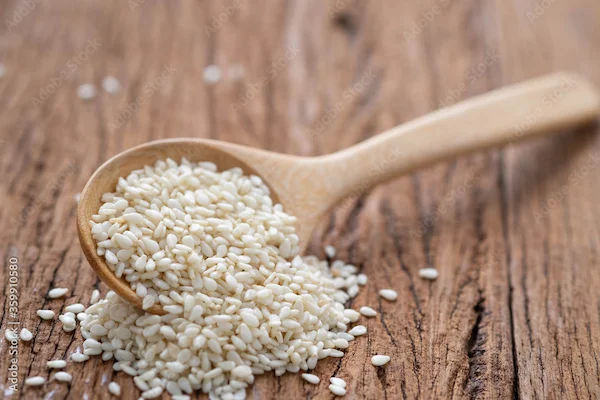14 Signs of Liver Damage You Should Know
Discover 14 early warning signs of liver damage, from jaundice to fatigue. Learn when to seek medical help and how to protect your liver health.

Written by Dr. Vasanthasree Nair
Reviewed by Dr. Mohammed Kamran MBBS, FIDM
Last updated on 11th Aug, 2025

Introduction
Your liver is one of the most vital organs in your body, responsible for detoxification, digestion, and metabolism. When it isn’t functioning properly, it can lead to serious health problems. Recognizing the early signs of liver damage can help you seek timely medical care and prevent complications.
Here are 14 key signs of liver damage you should be aware of:
1. Jaundice (Yellowing of Skin and Eyes)
One of the most noticeable signs of liver damage is jaundice, where your skin and the whites of your eyes turn yellow. This happens because your liver can’t process bilirubin (a waste product from broken-down red blood cells), causing it to build up in your body.
2. Fatigue and Weakness
Persistent tiredness, even after adequate rest, can indicate liver problems. A damaged liver struggles to remove toxins, leading to fatigue and low energy levels.
3. Abdominal Pain and Swelling
Pain or discomfort in the upper right side of your abdomen may signal liver inflammation or swelling. Ascites (fluid buildup in the abdomen) can also occur due to liver damage, making your stomach appear bloated.
4. Dark Urine
If your urine is consistently dark yellow or brown, it could mean your liver isn’t processing toxins properly, causing excess bilirubin to be excreted through urine.
5. Pale or Clay-Colored Stools
Healthy stools are brown due to bile production. If your stools are pale, gray, or clay-colored, it may indicate a bile duct blockage or liver dysfunction.
6. Itchy Skin
A damaged liver can cause bile salts to accumulate under the skin, leading to persistent itching, especially on the hands and feet.
7. Bruising Easily
The liver produces proteins needed for blood clotting. If it’s damaged, you may bruise or bleed more easily than usual.
Health Topic Carousel:
Doctor Speciality: General Practitioner
Text: Consult Top Specialists
8. Swelling in Legs and Ankles (Edema)
Fluid retention in the legs and ankles (edema) can occur when the liver fails to produce enough albumin, a protein that helps regulate fluid balance.
9. Loss of Appetite and Weight Loss
Liver disease can cause nausea, loss of appetite, and unintended weight loss due to impaired digestion and metabolism.
10. Nausea and Vomiting
Persistent nausea, vomiting, or an upset stomach may indicate liver dysfunction, as the organ struggles to filter toxins.
11. Spider Veins (Spider Angiomas)
Small, spider-like blood vessels visible under the skin (especially on the face and chest) can be a sign of liver damage due to hormonal imbalances.
12. Confusion or Memory Problems (Hepatic Encephalopathy)
A failing liver allows toxins to build up in the brain, leading to confusion, forgetfulness, and difficulty concentrating.
13. Red Palms (Palmar Erythema)
Unusual redness on the palms of your hands can be a sign of liver disease due to abnormal blood flow.
14. Bad Breath (Fetor Hepaticus)
A musty, sweet-smelling breath can occur in advanced liver disease due to high levels of toxins in the bloodstream.
What Causes Liver Damage?
Several factors can harm your liver, including:
Excessive alcohol consumption
Fatty liver disease (NAFLD/NASH)
Viral hepatitis (Hepatitis B, C, etc.)
Autoimmune liver diseases
Medications and toxins
Genetic conditions (like hemochromatosis)
How to Protect Your Liver
Limit alcohol or avoid it completely.
Eat a balanced diet (reduce processed foods, sugar, and unhealthy fats).
Exercise regularly to maintain a healthy weight.
Stay hydrated to help flush out toxins.
Get vaccinated against Hepatitis A and B.
Avoid unnecessary medications that can strain the liver.
When to See a Doctor?
If you notice any of these symptoms persistently, consult a doctor immediately. Early diagnosis and treatment can prevent severe liver damage.
Need a liver function test or expert advice?
You can book a consultation with a specialist or schedule a Liver Function Test (LFT) through Apollo 24|7 for quick and reliable results.
Conclusion
Your liver works hard to keep you healthy, so it’s important to recognize warning signs early. Simple lifestyle changes and timely medical care can make a big difference in protecting your liver health.
Health Topic Carousel:
Doctor Speciality: General Practitioner
Text: Consult Top Specialists




